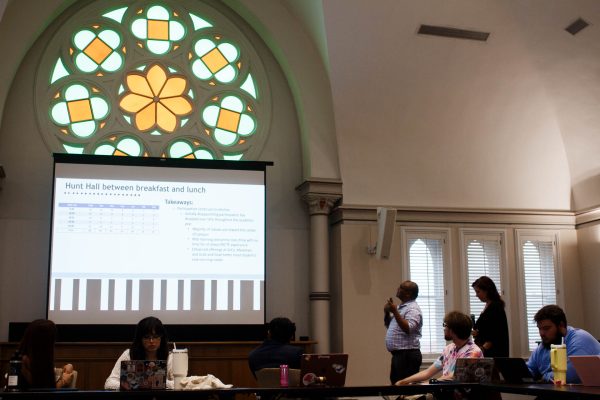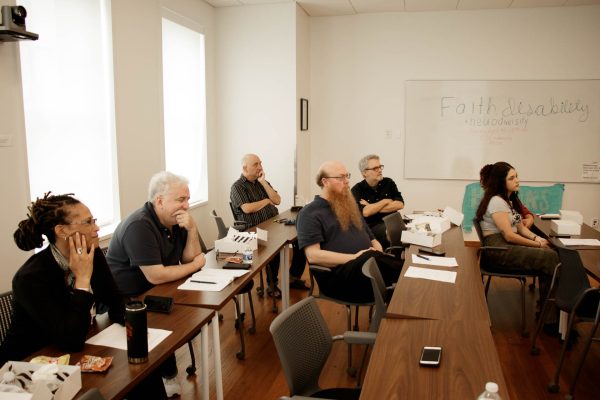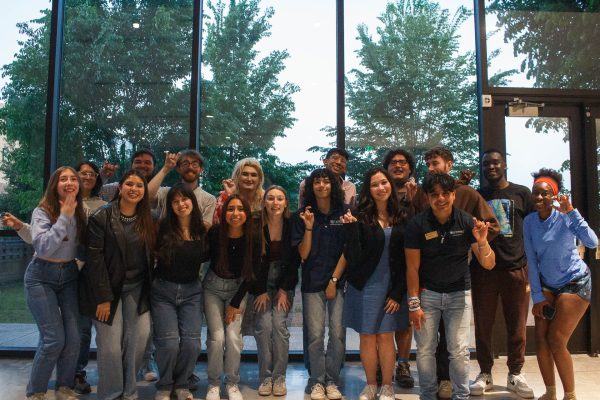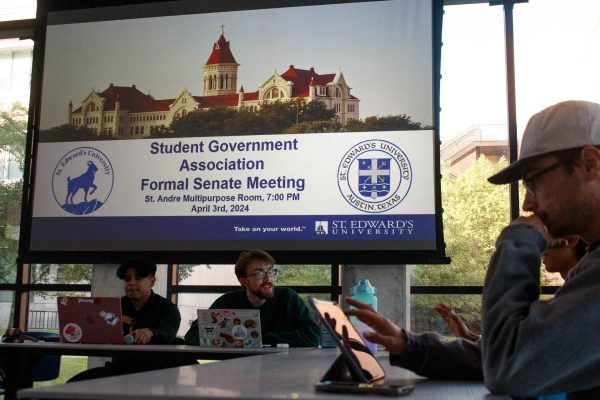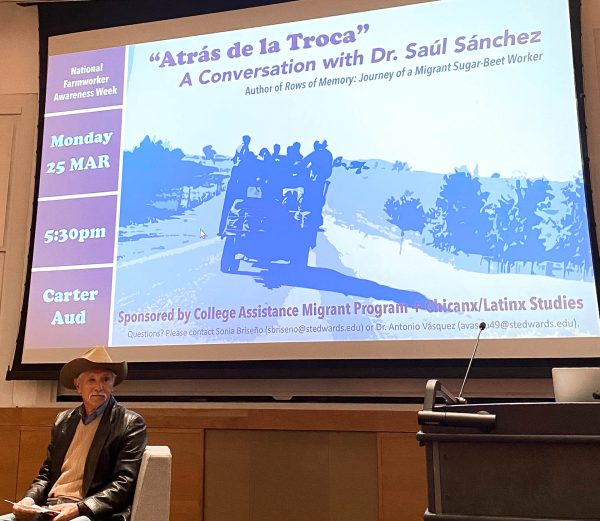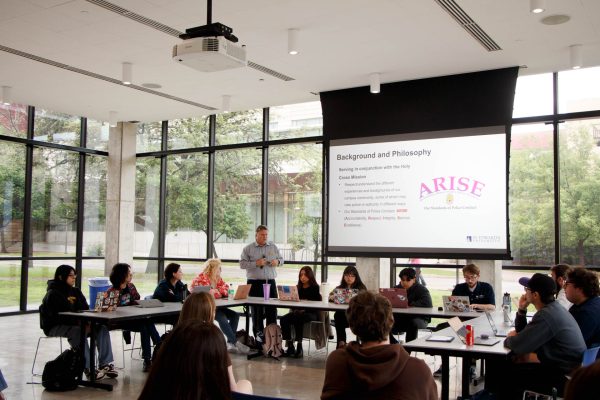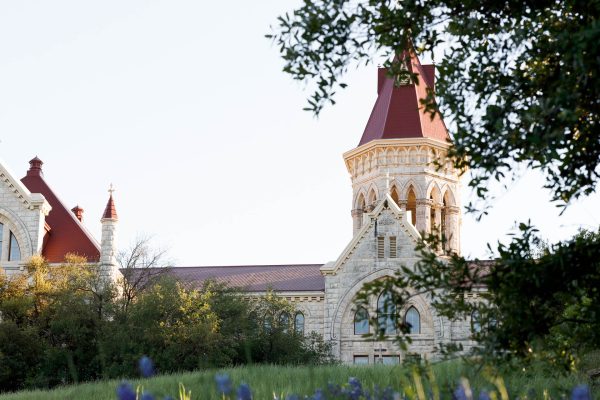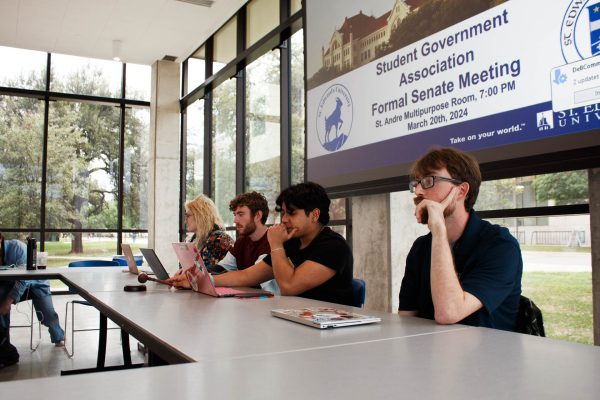High-speed rail possibly coming to Texas by 2021
A high-speed rail from Dallas to Houston is projected to be completed by 2021, according to Robert Eckels, the president of Texas Central Railway.
Next month, six meetings will be held near where the multi-billion dollar rail is expected to be built Eckels said at the Texas Tribune Festival on Saturday.
Aman Batheja, a political reporter for The Texas Tribune, acted as moderator.
Other speakers inlcuded Bill Meadows, the Chairman Emeritus at HUB International Rigg, a global insurance brokerage; Dallas County Judge Clay Jenkins; and Marc Williams, the Director of Planning for the Texas Department of Transportation.
Eckels began the panel by explaining the fundamentals of high-speed rail.
He said that he is not looking for grants or subsidies for this project. The project will be funded by the masses. This being so, the rail will not replace government infrastructure. Instead, he expects the rail adjacent to current highways.
The moderator asked what role the government would play in the creation of the high-speed rail.
Eckels replied that the government would supply only incremental monies and the rail will not operate on grants.
The moderator further asked about expanding the rail.
Meadows intoned that the Dallas to Houston high-speed rail may be an “extraordinary leveraging opportunity,” but spoke of nothing in the works.
“We don’t think a lot of our citizens will use that, but it will be used as a leveraging opportunity,” Jenkins said.
Williams agreed and maintained that they must continue to look for more opportunities for high-speed rail systems. One area he wants to leverage is the Dallas to Houston high-speed rail to potentially build one on Interstate 35.
Williams said that the Texas Department of Transportation will decide by the end of the year the optimal service for the I-35 corridor and it would like to let private investment make this project successful.
“What you’re hearing here is a partnership to make sure we’re part of the transportation solution,” Eckels said.
Batheja next spoke of a private French firm which attempted what Eckels’ company is attempting now.
Eckels explained that his company is doing two things to minimize the impact of the rail where the French firm did not.
First, Eckels expects the rail to go adjacent to highways, railroads and other major established roads.
“It’s an education process (for the public to) explain the acquisition process; ‘You can live here for five years until we need it and you can take the bricks, the air conditioning, everything with you,’” Eckels said.
The conversation then turned to necessity for the rail and population growth.
“A lot of millennials are deciding they don’t need a car,” Jenkins said.
Meadows followed Jenkins’ comment with a talk on population growth.
“You need to think about what Texas is going to look like in the future,” he said. “The future is only exciting if we look at transportation today. High-speed rail is a significant opportunity for the state.”
The next question was on the high-speed rail investors. Batheja asked who will be the private investors.
Eckels would not release names aside from the Japan Bank for International Cooperation and said that most of the investors were likely to remain nameless.
“We are a new project. This is not done, typically, privately,” he said. “I cannot tell you today that we have 100 percent of the project financed because until we complete the environmental process and the design engineering standards, we won’t know.”


